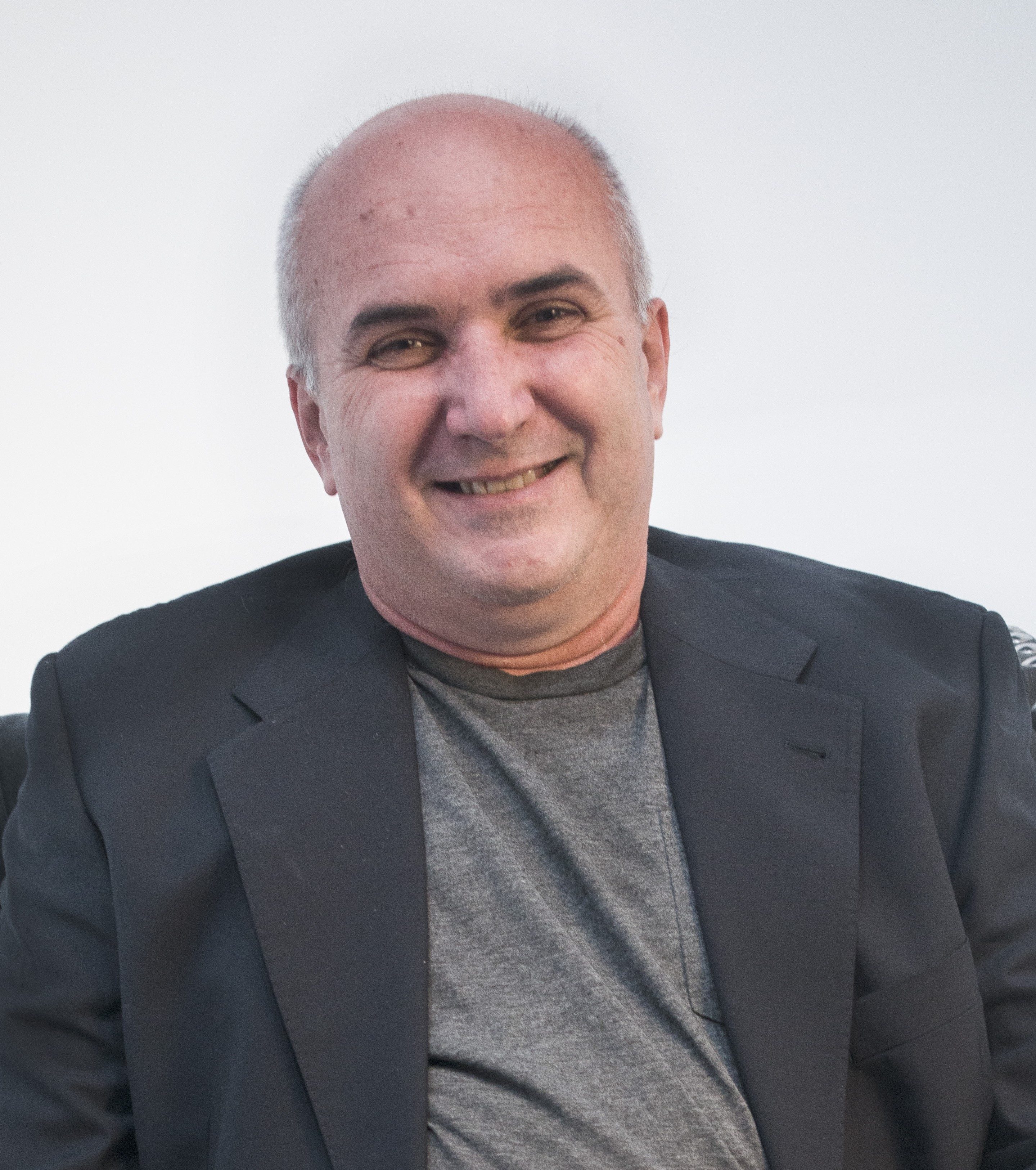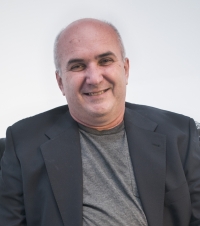“We are just survivors of the great totalitarianism experiment in Cuba.”

Download image
Francis Sánchez was born in Ceballos, Ciego de Ávila province, Cuba, on September 20, 1970. Since he was a child, he experienced first-hand the excesses of the Castro brothers’ regime. His father, a simple peasant, belonged to the Cuban working class and owned the municipality’s cinema, but when the government of Fidel Castro triumphed, the cinema was confiscated. His father also worked as a mechanic on a ship until that too was confiscated by the government in 1968, under the pretext that it was a private initiative. Francis was a child who never adapted to the Cuban educational system designed by Castro, which included boarding school and “Field Schools.” He suffered from depression after failing the ninth grade for not appear for the final tests. As a young man, he was tried by the Provincial Court of Havana because he had stolen a book from the National Library prohibited by the dictatorship - a cause that was dismissed. Together with his wife, he created the independent magazine, “Inverted Tree,” for which he and his children received threats from State Security. He emigrated with his family to Spain, where they currently reside.
